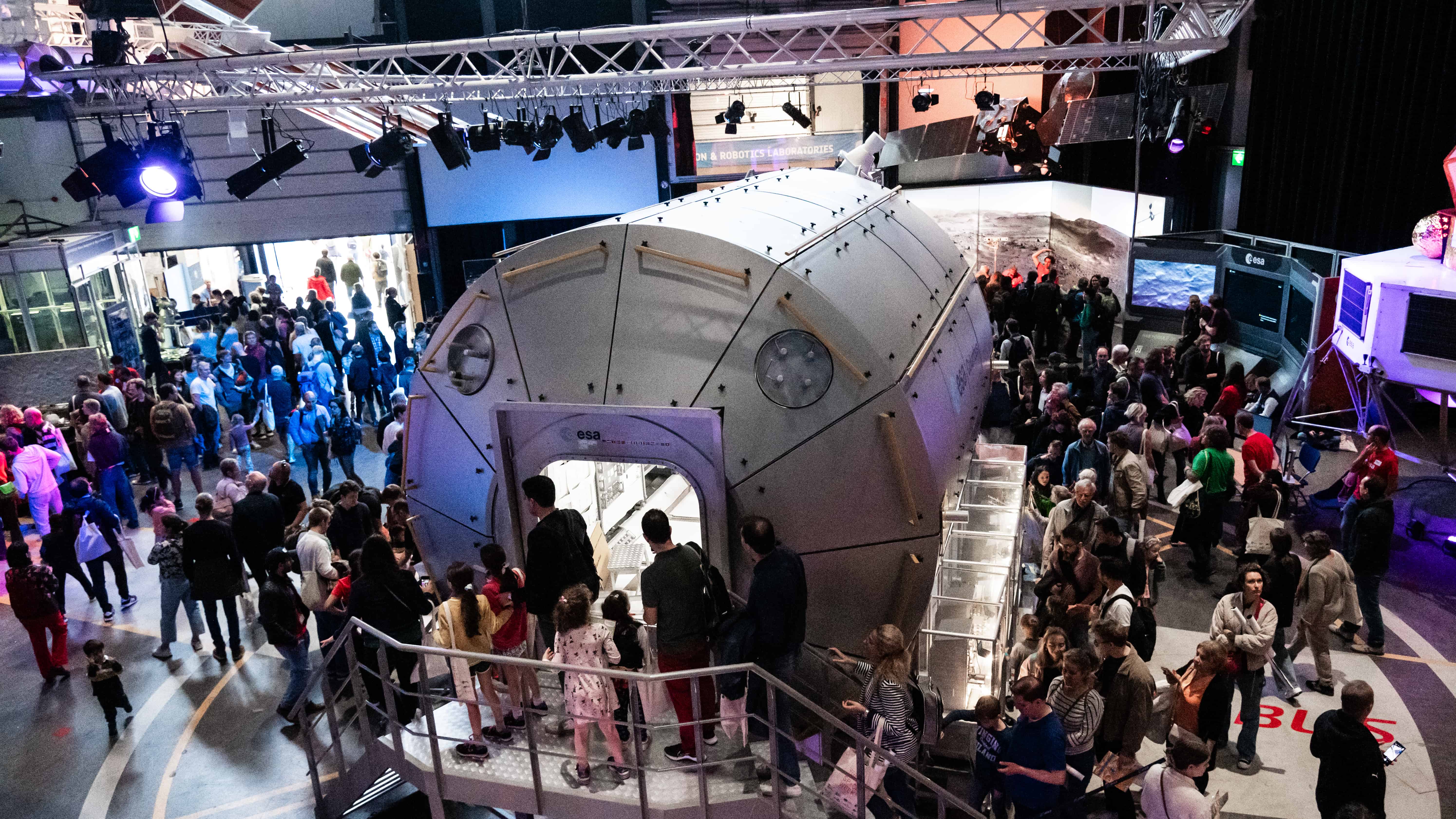
With the growing interest in nuclear energy in the Netherlands, experts from the Rathenau Institute warn of an underexposed problem: the storage of radioactive waste. New nuclear power plants and reactors – if all plans materialize – will nearly double the volume of waste by 2130. This brings with it a potential space shortage starting in 2050. The Borsele Conditions Group (Borsele Voorwaarden Groep) demands a solution for final disposal before new projects are given the green light. They say the current political debate misses the urgent discussion of this long-term storage challenge.
The Netherlands faces a crucial choice regarding the future of energy. The country’s nuclear ambitions, which are likely to be enshrined in a new coalition agreement with the recent election results, present a significant challenge: dealing with radioactive waste. Rathenau Institute researchers Vincent Lagendijk and Rinie van Est note a conspicuous silence around this topic in the political debate.
The scale of the waste problem
Plans for new nuclear power plants and a reactor to produce medical isotopes will significantly increase the volume of highly radioactive waste in the Netherlands. Director Jan Boelen of the Central Organization for Radioactive Waste (Covra) states that this volume may increase 16 to 20 times. This raises questions about the current capacity of above-ground storage sites and the feasibility of final disposal of this waste. The latter is a process in which radioactive waste is stored safely underground for long periods.

Requirements from the community
In the municipality of Borsele, where nuclear activities already take place, the Borsele Conditions Group is making its voice heard. The group has drawn up ten packages of conditions for large energy projects, emphasizing that a concrete plan for the final disposal of radioactive waste is essential. Members of the group believe the issue should be resolved as early as 2050 before new permits are granted. Outgoing Minister Rob Jetten has called for respect for this group’s terms.
International agreements and national challenges
The Rathenau Institute points out that radioactive waste management and disposal is a sensitive political, social, and spatial puzzle. The Netherlands already complies with international agreements on radioactive waste disposal in many respects, but not yet in all. Rathenau said there is a clear need to give this issue more attention in the public and political debate, especially given the upcoming coalition agreement.
In the short term, storing low and medium-level radioactive waste above ground seems more financially attractive for three hundred years. However, this policy may have long-term implications for storage capacity and safety. The question is whether this is a sustainable solution or a deferral of responsibility to future generations.
Subsidies and the focus on nuclear power
While the focus on radioactive waste disposal is still lagging, there is investment in the future of nuclear energy. The Regieorgaan SIA, part of the NWO, will distribute 1.2 million euros in grants for three college nuclear energy lectureships. This grant is intended exclusively for technical nuclear research and is set as a condition of cooperation with members of Nuclear Netherlands.
The Rathenau Institute advocates a broad view of nuclear knowledge infrastructure. It emphasizes that the Netherlands should invest in the nuclear energy sector and look at the broader implications of such investments. The Laka Foundation even filed a lawsuit against the grant funding, arguing that no one outside of Nuclear Netherlands was given a fair chance.








